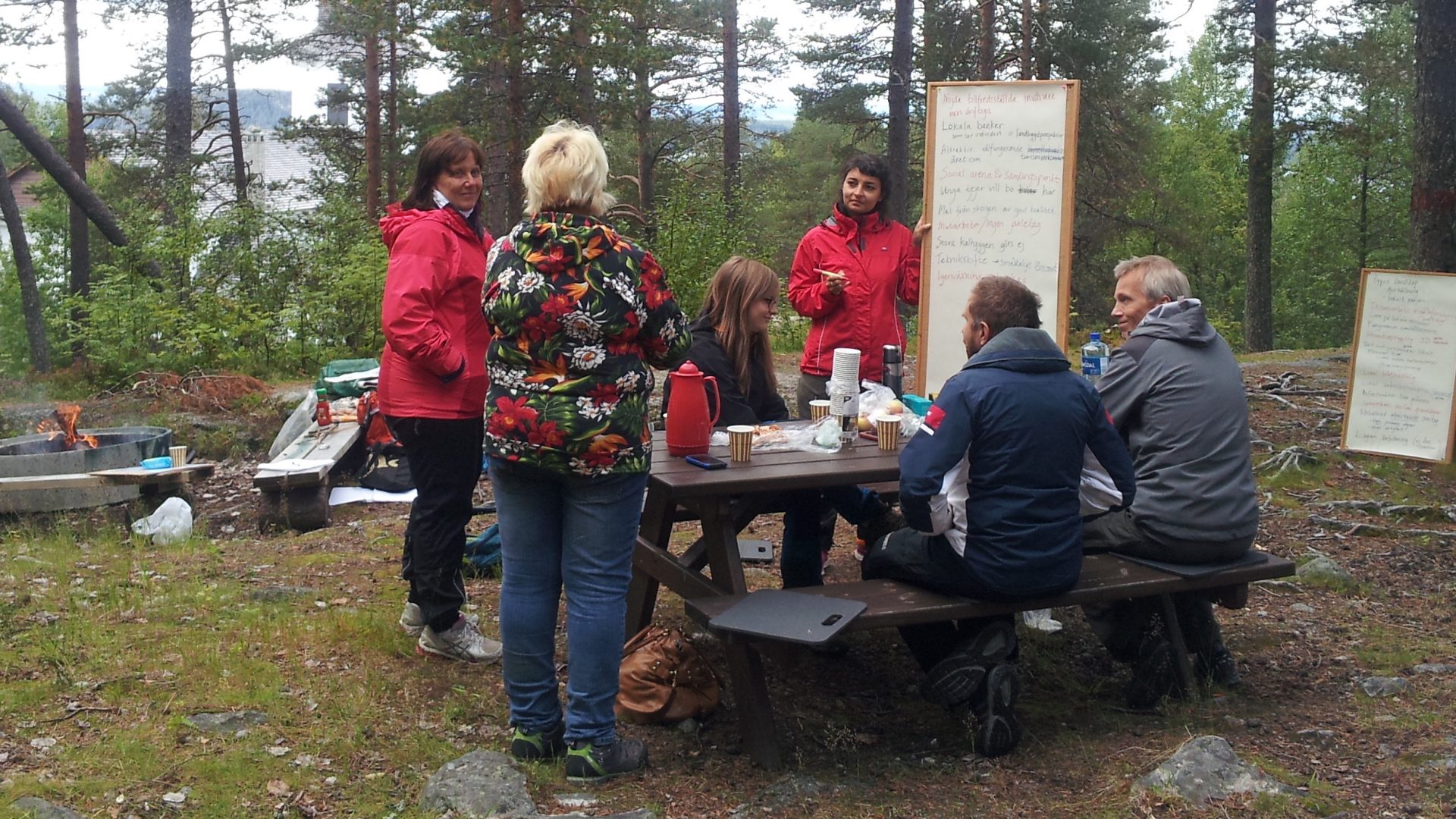Forest landscapes have an important role to play as providers of vital ecosystem services and provisions in future sustainable societies. They sequester carbon, support biodiversity, and supply renewable materials to various ends. The trade-offs between these services and provisions are often a source of conflict between different values and interests. Through participatory action research, it has been possible for researchers from the Swedish University of Agricultural Sciences to reveal some of the challenges inherent in the governance of future forest landscapes in Sweden.
In the management of forest landscapes, there are many interests and perspectives that must be taken into account. In Sweden, private landownership dominates and the owners enjoy strong property rights. Economic interests are prominent among all owner types. The current model of governance can be described as “freedom under responsibility”, whereby landowners and other actors hold a common sectorial responsibility for biodiversity and other amenities in exchange for less regulatory policies. On the national policy-making level, a few traditional forest actors dominate and can exercise substantial influence, while other actors usually have trouble gaining the same level of influence. On the local level, forest owners typically plan their forest management activities in collaboration with a professional advisor and with a single focus on their own estate. Between the local and national levels, most often there exists no decision-making unit that can coordinate the different uses of the forest landscape and manage the conflicts that arise. The importance of the services provided and the multi-level decision-making of the forest landscapes constitute a complex governance situation and point to a great challenge for the future: a democratically sound collaboration and coordination of actors’ activities.
The study summarized here aimed to lift the perspective of local forest owners and stakeholders closer to the national policy-making level through participatory action research. The researchers conveyed local visions and ideas for future forest landscapes in order to inspire new thoughts and ideas regarding policy tools and implementation among national policy-makers.
Communication is central
In the workshops the researchers organized, both local and national actors expressed the need for better communication and exchange of knowledge between different decision-making levels. The participants generally supported collaboration and dialogue in combination with enhanced local power. This is an important and positive result, as a joint process on different levels is key to successful forest governance. However, these results are not conclusive and there are also indications of less goodwill from the national level.
Local arenas for discussion desired
The study showed that not all policy-makers on the national level recognize local needs, knowledge, and rights. Some participants in the national workshop dismissed the local visions as illegitimate and formulated without sufficient knowledge, thereby effectively revoking local actors’ mandate to manage forest landscapes in Sweden. The fact that any policy-maker on the national level expresses such opinions while at the same time voicing a will to increase collaboration is conspicuously. It could reflect that they do not necessarily want an equal partnership as much as a forum to push their own perspectives onto the local level.
Although the study shows that there is a potential conflict between national and local decision-making levels, one can conclude that arenas for discussion and collaboration are possible to realize at least on the local level. There was an overwhelmingly positive response to the local workshops, and participants expressed satisfaction at being able to discuss local issues in a novel and constructive way. Nevertheless, the method that was developed and tested within the study was not able to close the gap between the decision-making levels or create a common understanding between local and national actors. The main problem thus remains, and new solutions are required in order to establish collaborations and understandings that will last over time.
Facts:
Ida Wallin, Julia Carlsson, Hans Peter Hansen, “Envisioning future forested landscapes in Sweden – Revealing local-national discrepancies through participatory action research“, In: Forest Policy and Economics, Volume 73, 2016, Pages 25-40, ISSN 1389-9341.

